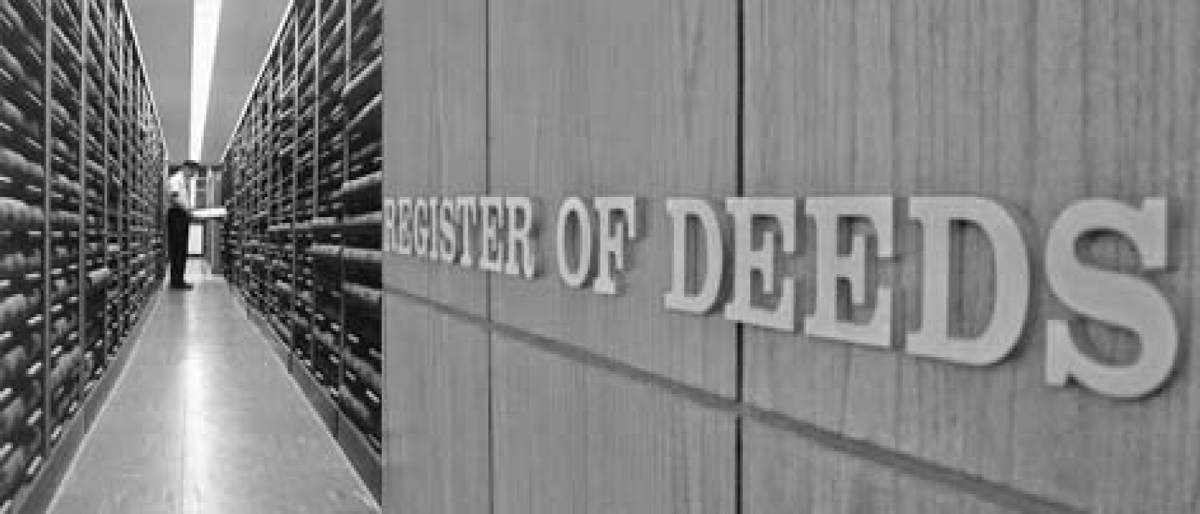South Carolina Recorders Information

You are NOT on the South Carolina official website, you are on Deeds.com, a private website that is not affiliated with any government agency.
Recorder information for South Carolina. Real property records are maintained by the recorder in the County where the property is located.
South Carolina is a race-notice state. This means that the first person recording the title to a particular piece of land is considered to be the landowner. It is imperative that you record the deed as soon as possible. A plat has no time limit unless the property is being subdivided for sale. However, to have the parcel correctly taxed and prevent any future discrepancies with boundary lines, all plats should be recorded. A deed changes the ownership, but a plat only outlines the property.
Real estate deeds that transfer property in South Carolina can be recorded to provide constructive notice of the transfer. In most cases deed documents are recorded in the County where the property is situated.
Address of grantee required by statute on all real estate deeds for recording.
All deeds, conveyances, and instruments that are required by law to be recorded, are valid so as to affect the rights of subsequent creditors or purchasers for valuable consideration without notice, only from the time they are recorded in the proper county. In the case of a subsequent purchaser of real estate, or in the case of a subsequent lien creditor on real estate for valuable consideration without notice, the instrument evidencing the subsequent conveyance or lien must be filed for record in order for its holder to claim as a subsequent creditor or purchaser for value without notice, and the priority is determined by time of filing.
No possession of real property described in any instrument of writing required by law to be recorded shall operate as notice of such instrument. Actual notice will be deemed and held sufficient to supply the place of registration only when such notice is of the instrument itself or of its nature and purport.
In order to be recorded, an instrument must be acknowledged or proved according to law. An instrument can be 1) acknowledged or proved by the affidavit of a subscribing witness to the instrument, taken before an officer in the state who is authorized to administer oaths; or 2) signed and acknowledged by the grantor in the presence of two witnesses, taken before an officer in the state who is authorized to administer oaths.
The mailing address of the grantee must be included in the instrument.
The clerk of court will not record a deed or mortgage unless it contains a derivation clause as required; provided, however a deed or mortgage may be recorded without such clause upon a showing that is satisfactory to the clerk of court that the necessary information for the derivation clause was not available.
Before a deed conveying real property, including timber deeds, timber leases, and contracts of conveyance of timber can be recorded, it must be endorsed by the county auditor that it has been entered of record in his office.
When any deed conveying or creating an interest in real property refers to the boundaries, metes, courses, or distances of such real estate delineated, the deed should state the office, book, and page of the recording of such plat or blueprint.
When any real property used as a hazardous waste storage or disposal facility permitted by the South Carolina Code of Laws is sold, conveyed, leased, or transferred in any manner, the deed or instrument of transfer should contain the following phrase in the legal description, in the same size type as the rest of the instrument: "The real property conveyed or transferred by this instrument has previously been used as a storage or disposal facility for hazardous wastes."